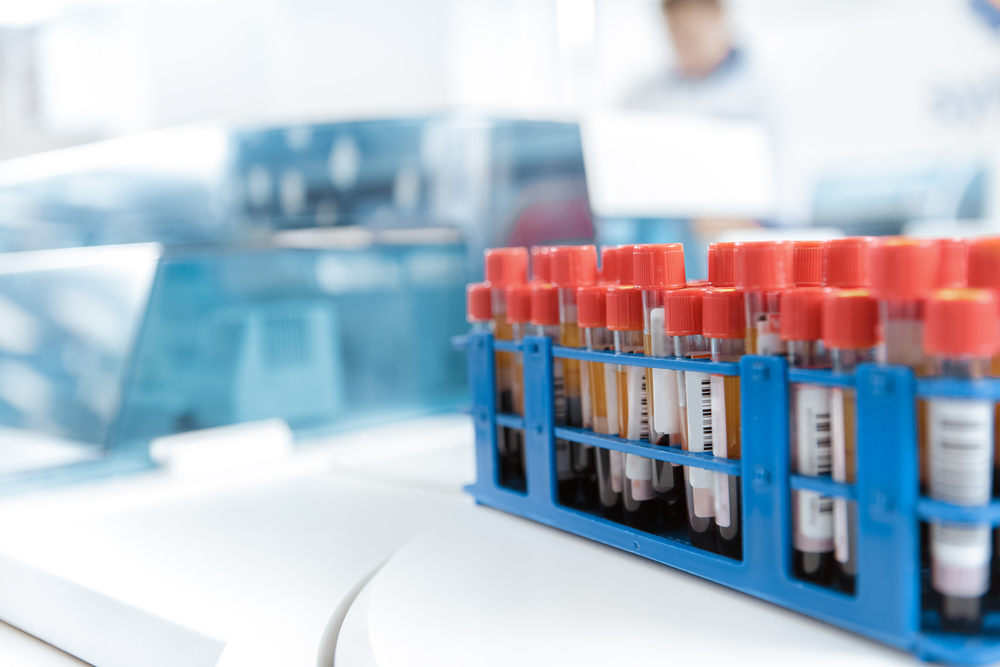Diabetes Lab Tests & Diagnosis - Asto Labs Chennai

Introduction
In today's fast-paced world, where sedentary lifestyles and processed foods dominate, the prevalence of diabetes is on the rise. It's imperative to understand the importance of timely testing and diagnosis to effectively manage this chronic condition. In this comprehensive guide, we delve into the various aspects of diabetes testing and diagnosis, shedding light on who should undergo testing, when to monitor blood sugar levels, and the key differences between Type 1 and Type 2 diabetes.
Diabetes Tests & Diagnosis
Diabetes is a metabolic disorder characterized by elevated blood sugar levels, which, if left unchecked, can lead to serious health complications. Testing and diagnosis play a pivotal role in identifying individuals at risk and initiating appropriate treatment strategies.
Who should be tested for diabetes?
While certain risk factors such as obesity, family history, and sedentary lifestyle predispose individuals to diabetes, screening is recommended for anyone exhibiting symptoms such as increased thirst, frequent urination, unexplained weight loss, or fatigue. Additionally, individuals above a certain age threshold, typically around 45 years, should undergo regular diabetes screenings, regardless of symptomatology.
When to test blood sugar
Routine monitoring of blood sugar levels is crucial for individuals with known risk factors or those diagnosed with pre-diabetes. Timely testing, especially after meals or during periods of physical activity, provides valuable insights into glycemic control and helps prevent the onset of diabetes-related complications.
Testing for type 1 diabetes
Type 1 diabetes is typically diagnosed during childhood or adolescence and stems from the body's immune system attacking and destroying the insulin-producing beta cells found in the pancreas Unlike Type 2 diabetes, which is primarily associated with insulin resistance, Type 1 diabetes necessitates lifelong insulin therapy to regulate blood sugar levels effectively.
testing for type 2 diabetes
Type 2 diabetes, the most prevalent form of diabetes, typically develops in adulthood and is characterized by insulin resistance and impaired insulin secretion. Lifestyle modifications, including dietary changes, regular exercise, and weight management, form the cornerstone of Type 2 diabetes management. However, some individuals may require oral medications or insulin therapy to achieve optimal glycemic control.
What tests are used to diagnose diabetes?
Several diagnostic tests are available to ascertain diabetes status, ranging from fasting plasma glucose (FPG) and oral glucose tolerance tests (OGTT) to hemoglobin A1c (HbA1c) measurements. Each test offers unique advantages in terms of accuracy and convenience, enabling healthcare providers to tailor diagnostic approaches to individual patient needs.
Conclusion
Diabetes testing and diagnosis serve as critical pillars in the management of this prevalent chronic condition. By identifying individuals at risk and initiating timely interventions,
Our team at Asto Labs Chennai comprises dedicated healthcare professionals committed to mitigating the long-term complications associated with diabetes, thereby enhancing patient outcomes. Additionally, we offer the convenience of diabetes diagnosis tests conducted at home, ensuring accessibility and comfort for our patients






